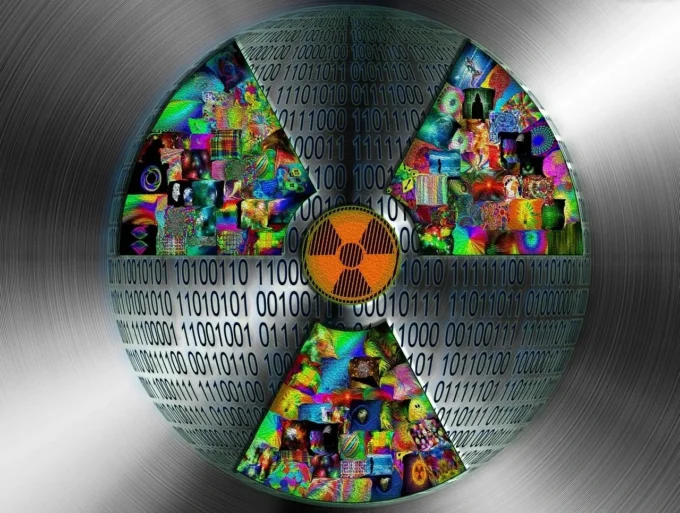
Vienna Nuclear Talks: The Clock is Ticking
by Ibrahim Rihan
The nuclear talks which have been resumed last week in the Austrian capital of Vienna between the international community, the United States, and Iran, were not the first, but this time is different from the previous ones, it is definitely a “crucial session” as they been described expressed by American and Iranian officials alike.
The intention to return to the Joint Comprehensive Plan of Action of 2015 is present on both sides concerned, I mean Washington and Tehran. Yet, the change in the energy market due to Russia’s invasion of Ukraine has changed the outlook of Iranian officials on this deal. However, they are still intent on resurrecting the deal.
Iran is trying to extract whatever gains it could in order to revive the agreement or bury it once and forever, however, Washington, is following a delicate path in this regard and sees that a return to the nuclear deal should not be in exchange for tolerance with “Iranian terrorism system” in the region, as a credible source told WHIA.
The mullahs of Iran want to take advantage of time running out n Europe which is only a few weeks away from the start of the winter season. The Iranians know that Europeans do not want to experience a cold and harsh winter, especially if Russian President, Vladimir Putin, decides to cut off energy supplies to Europe if he finds himself facing a political defeat in his 7-month-old war in Ukraine.
Iranian are relying on European needs. They also count on the major possibility of global energy prices rising. They know that all they have to do is be patient. President Biden’s midterm elections are also coming up which can reshape the current political landscape in the United States.
The US, on the other hand, is proceeding with great caution. Any small step in the wrong direction could cause the negotiations to collapse when the clock is ticking on a deal that may result in a kind of rehabilitation of the Iranian Revolutionary Guard and making it smoothly move from the list of terrorism to a regular normal organization.
Officials in Washington are also under the pressure guided by Israeli concerns. Tel Aviv does not ever want to see Iran as a nuclear state.
As for the Arab countries, in particular the Gulf Cooperation Council (GCC), they made their concerns and observations to Barack Obama’s administration on the eve of the signing of the JCPOA agreement. It is sufficient for one of us to look at the terrorist regulations in GCC countries to better understand what we are talking about.
The US has strengthened the Gulf-US relationship in the Jeddah Summit that took place weeks ago. Obviously, it does not want to disturb this relationship. Also, it does not want more problems in the energy market.
It is evident that both parties would prefer to return to the JCPOA of 2015 but so far, no significant action has been taken. Iran is patiently waiting for the US’s next course of action while the US also waits with the clock ticking. If negotiations remain swinging with no results, there very well may be paving the road to another global conflict.
Translated/edited by Malek Joseph
WHIA Inter
